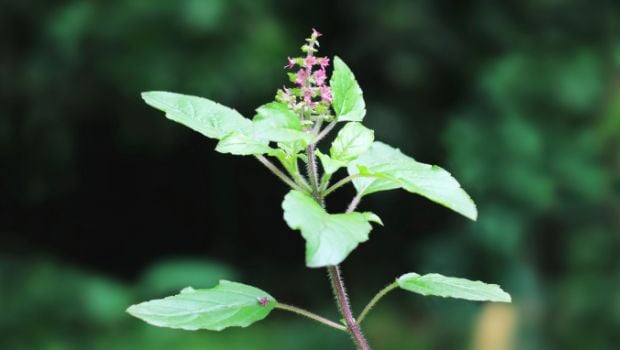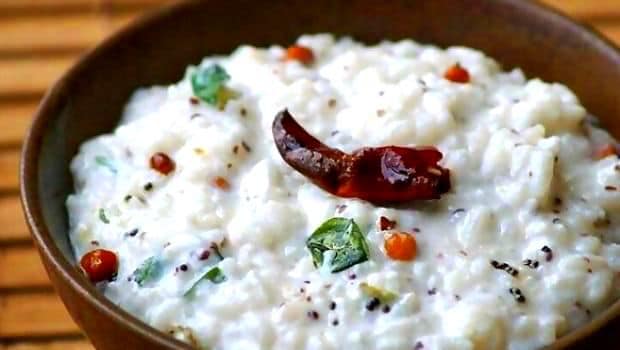
We have all suffered from ulcers in the mouth at some time or another. Mouth ulcers or canker sores are small, painful legions that are usually harmless and clear up on their own. However, they can be painful and extremely troublesome as they interfere with your eating habits. They are round or oval with a white or yellow centre and a red rim. Ulcers of the mouth can be found inside the cheeks, on the tongue or below it, on the gums, or the lips. Sometimes, these ulcers may even make it difficult for you to eat, brush your teeth or talk.
Types of mouth ulcers
1) Minor: These are small, oval shaped with red edges and heal quickly, leaving no scar.
2) Major: These are larger than the minor sores, extremely painful and can take up to six weeks to heal, often leaving scars.
3) Herpetiform: The third type are a cluster of 10-100 pinpoint ulcers merging into one entity. They take about two weeks to heal and leave no scar.
Causes of mouth ulcers
Why do mouth ulcers occur? The answer to this remains unclear, however some common causes may be:
– A sharp tooth or accidental biting of the inside of your cheek
– Dentures that do not fit well
– Eating hard food items that may cause friction
– Poorly filled tooth
If you have recurring issues of mouth ulcers, the reasons may be any of the following:
– Hormonal changes – some women develop mouth ulcers during or just before their monthly period.
– Stress and anxiety in daily life

– Eating certain foods – such as chocolate, spicy foods, coffee, peanuts, almonds, strawberries, cheese, tomatoes or wheat flour- Toothpaste containing sodium lauryl sulphate
– Stopping smoking – when you first stop smoking, you may develop mouth ulcers

– A diet lacking in vitamin B-12, zinc, folate (folic acid) or iron- An allergic response to certain bacteria in your mouth
– Helicobacter pylori, the same bacteria that cause peptic ulcers
Certain underlying medical conditions may also lead to oral ulcers. These include but are not limited to:
– Impaired immune system
– Bechet’s disease, that causes inflammation all over the body
– Celiac Disease- an intestinal disorder caused by sensitivity to gluten a protein found in grains
– Inflammatory bowel diseases like Crohn’s and ulcerative colitis
How to treat mouth ulcers
Medical therapy includes relief of pain and reduction of ulcer duration, says Dr. AK Singh MD, Consultant, Department of Pulmonology, Fortis Escorts Heart Hospital, Delhi.
– Antimicrobial mouthwash can hasten healing and prevent infection of the ulcer. However, children under the age of two shouldn’t use this treatment.
– Painkillers are available in the form of mouthwash, lozenge, gel or spray. You must consult a physician before taking these. Mouthwash shouldn’t be used for more than seven days in a row.

– Corticosteroid lozenges may reduce pain and speed up healing. These are best when used as soon as the ulcer appears. Again, these shouldn’t be used by children under 12- Iron or vitamin deficiency should be corrected
– The occasional patient who relates ulcers to her menstrual cycle or to the use of an oral contraceptive may benefit from suppression of ovulation with a progestogen or a change in the oral contraceptive. Consult a gynecologist before making these changes.
– Severe diseases may require antibiotic oral rinses, other medications or even low level laser therapy to relieve pain
Prevention of oral ulcers
– Avoiding certain foods can help steer clear of mouth ulcers. These include chocolates, spicy foods, coffee, peanuts, almonds, strawberries, cheese, tomatoes and wheat flour. You may want to get a patch test to reveal allergies to determine which food to avoid.
– Avoid eating particularly hard or sharp foods (eg. toast, potato crisps)
– Do not chew gum
– Use a small-headed, soft tooth brush for brushing your teeth
– Use toothpaste that doesn’t contain sodium lauryl sulphate
– Try to reduce stress and anxiety as these may also be a trigger for some people
Food therapy
Eating is painful with an ulcer and our normal spicy food is poorly tolerated. Milk based dishes like kheer, porridge, dahi are easy to ingest and do not irritate the mouth lining. Bland soft food including bakes, moong dal, khichri, idli, upma, bread, paneer, soft boiled eggs and soft vegetables and fruits like ghiya, pumpkin, potato, papaya, and banana are soothing to eat. The temperature of the food should not be very hot or very chilled as both may cause difficulty and pain. See what you are comfortable with and eat accordingly.

Home remedies
You may try these home remedies to treat painful ulcers:
1) Rinse your mouth with lukewarm saline water 2-3 times during the day. Hold the water in your mouth for a short time before spitting it out.
2) Apply ghee to the ulcers
3) Chew tulsi leaves, their natural anti-inflammatory properties help healing.
4) Castor oil applied locally helps alleviate the pain and discomfort.
5) Placing damp tea bags over the ulcer.
6) Chamomile tea and liquorice (mulethi) is also found to be beneficial.
7) Have lots of fluids like chaas and fresh coconut water to improve digestion and help with healing.
[“source-ndtv”]









